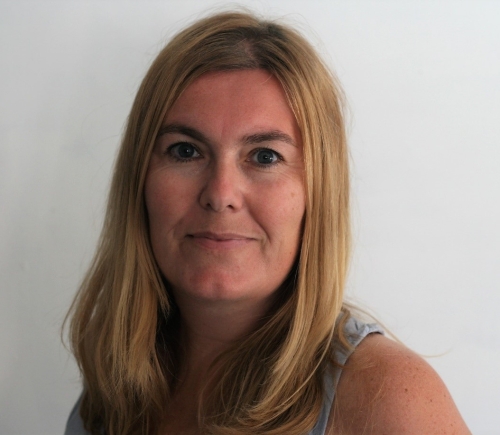Religious Education – Enrich your RE lessons with social science data

Incorporating research and practices from the social sciences can add valuable depth and rigour to your RE curriculum, says Dawn Cox

- by Dawn Cox

In our book, Making Every RE Lesson Count, Louise Hutton and I discuss how RE might be considered as a multi-disciplinary subject, and that theology, philosophy and social sciences might be three appropriate lenses through which to frame it.
In the book, we we define a social science lens as, ‘Questions about the way that religion and beliefs are lived, and the impact they can have at an individual, communal and societal level’.
This disciplinary knowledge within social science links to the ways that social scientists operate, and the tools and methods they use.
So what can we gain from giving students a basic understanding of how this works within RE?
Social science data
Results from social science research – the relevant data being often freely accessible from numerous websites – can be used in several ways when teaching a topic. One potential use is at the start of a topic, to present students with data that can be analysed and questioned.
The scheme of learning can then go on to answer some of the questions raised. Abortion is one example – specifically, using the number of abortions per year in the UK, and UK abortion law to introduce the topic. Students are shown realities of abortion, before going on to examine the moral and religious arguments surrounding it.
Social science data can also be used when a specific concept within a topic is being taught, to see how followers might actually interpret it.
For instance, I’ve been teaching my students about ‘The Fall’ in Genesis. We begin by reading the story, then unpick what it might tell the reader about creation, humans, God and their relationship. I then showed them a fascinating 2014 survey of 3,034 American adults, querying their levels of belief in an historical Adam and Eve.
Survey experience
We can ask many questions about that data, but it’s important when looking at any of the disciplines within RE that we acknowledge the importance of substantive knowledge for being able to carry out informed analysis and asking pertinent questions.
In class, you could model how a researcher might design and carry out a survey, and then have the students explore beliefs about life after death.
This will give students first- hand experience of designing questions, choosing respondents, collating responses and organising their findings, prompting them to ask important questions about reliability and validity in the process.
Studying historical and contemporary social science experts will further allow students to analyse the kinds of issues they chose to research, and critique the relative strengths and limitations of their work.
Lived religion
Multidisciplinary RE gives us an accessible way of engaging students with the realities of lived religion and belief in the world today. It provides students with opportunities to study religion and belief at a personal, local, national and international level, whilst also highlighting the diversity of beliefs, interpretations and practices that accompany the doctrines and teachings of organised religion.
Using social sciences in RE is both challenging and engaging. It can also be surprising, prompting us to question our assumptions about lived belief, and can be used to address students’ misconceptions, by providing them with evidence to counter misunderstandings within a structured framework.
This can in turn contribute to the development of critical thinking skills, such as the ability to identify bias, vested interests and reliability.
Overall, I believe that using social sciences will provide structure and continuity across the RE curriculum, equipping students with appropriate skills for further study.
Dawn Cox has taught RE for 20 years; she is currently a head of department in Essex and also runs a local RE network; Making Every RE Lesson Count is available now (Crown House Publishing, £12.99).










